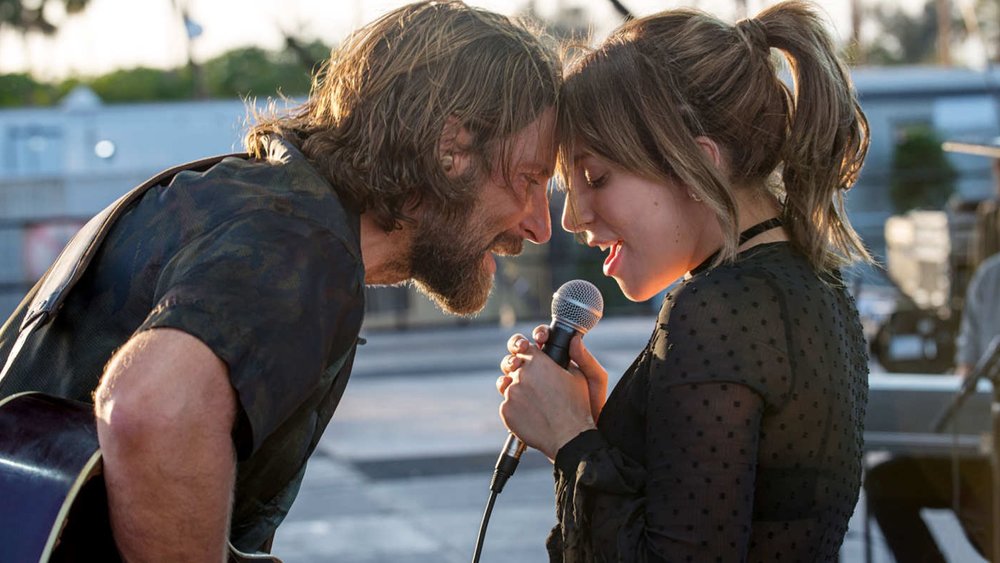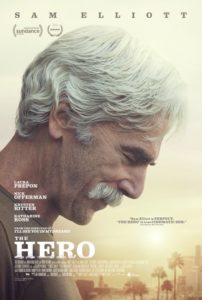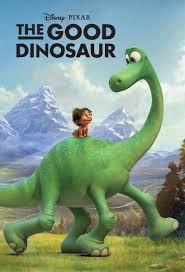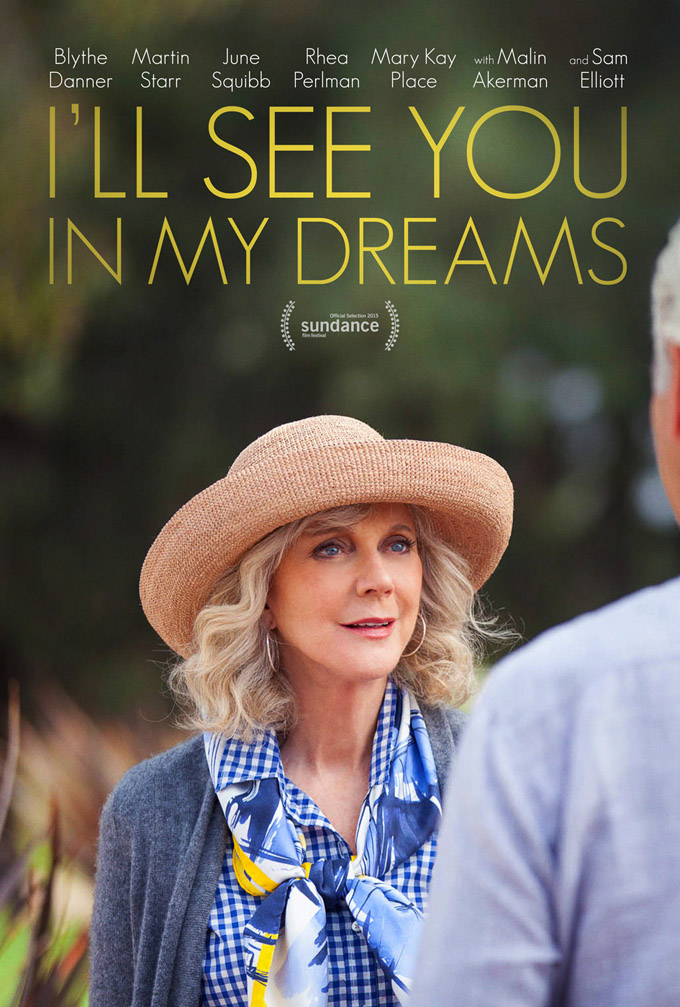A Star is Born
Posted on October 3, 2018 at 5:52 pm
B +| Lowest Recommended Age: | Middle School |
| MPAA Rating: | Rated R for language throughout, some sexuality/nudity and substance abuse |
| Profanity: | Very strong language |
| Alcohol/ Drugs: | Alcohol and drug abuse |
| Violence/ Scariness: | Some fights, medical issues, suicide |
| Diversity Issues: | None |
| Date Released to Theaters: | October 5, 2018 |
| Date Released to DVD: | February 18, 2019 |

There are movies like “Invasion of the Body Snatchers” that are periodically remade to reflect changing times. And then there is “A Star is Born,” with its fifth version in just under 90 years, where the difference is in the details of the characters and performances but the theme remains the same. Going back to 1932, with “What Price Hollywood,” and then the Janet Gaynor/Judy Garland/Barbra Streisand versions of this same name, it remains the story of a fading male performer with substance abuse problems who falls in love with a young, talented female, helps her become a star, and then realizes he is in her way.
It is perhaps surprising that this story still carries so much power to move us. It could be corny and dated. After all, stars these days go to rehab and then come out to tell their stories of redemption and healthy habits on the cover of People Magazine. The credit for this latest version’s compelling power goes to its director/co-writer/star, Bradley Cooper, who has told the story with verve, specificity, and conviction, and who wisely selected pop superstar Lady Gaga to play the part of the young singer. Life imitates art for the performer originally as famous for her transgressive videos and wild attire (who can forget the meat dress, now at the Rock and Roll Hall of Fame museum?) as for her music. Reportedly, when Cooper met the artist originally known as Stefani Joanne Angelina Germanotta, he wiped the makeup off her face and told her that was how he wanted her to be seen in the film. Her character, Ally, would not be the highly burnished, defiantly confident, even brazen pop performer in grotesque haute couture, but the real girl underneath. That girl is a revelation. The emotions we see on her face as he tries to pull her onstage for the first time, and then her resolve as she steps out from the wings are achingly honest.
Writer/director/co-star Bradley Cooper shows as much evident pride and pleasure in showing her to us as his character, Jackson Maine, does in pulling Ally onstage to introduce her to the audience by making her sing, for the first time, her own songs. His careful attention to every detail is evident in every moment and he has a true musician’s sense of pace and timing. The songs are not just lovely; each of them is meaningful in revealing character and helps to tell the story. The two most recent “Star is Born” movies had their songs nominated for Oscars. One was a winner; the other should have been. This follows in that tradition and I hereby predict that “Shallow” will win this year’s Best Song and that Lady Gaga will be nominated as well.
Cooper’s script reflects the intensive textual analysis he learned in his studies at the Actors Studio and his direction reflects his deep understanding of the importance of creating a safe space for actors to take risks and be completely vulnerable on screen. His own performance is meticulously considered. We see his struggle, his pain, and his passion for music. But like his character, it is very much in service to Lady Gaga as Ally. Cooper says that the idea for the film came to him when he was backstage at a Metallica concert, where he could see the intimacy of the experience of the musicians working together on stage at the same time he saw the immensity of the crowd caught up in the experience. He creates that for us here, and one of the movie’s best images is the small, private smile we see when Jackson begins his signature song. For a moment, the agony of his world disappears and all that is left is the music and the connection it makes to the audience.
Ally gives him that feeling, too. Helping her pulls him out of himself, at least for a while. But his past and dark thoughts about his future are too much to bear.
Cooper also has some small but lovely tributes to the earlier versions of the story, to James Mason wiping off Judy Garland’s garish make-up and to the bathtub scene with Streisand and Kristofferson. But this is very much a stand-alone, a timeless story of love and loss, and a stunning debut from a director who arrives fully present, utterly committed, and astonishingly in control of a vision that is a work of art and completely heartfelt.
SPOILER ALERT: All of the other versions of this story end with a suicide that is portrayed as tragic but also noble, a sacrifice to make it possible for another person to succeed. I was very concerned going into this film that it would perpetuate this toxic romanticized notion. Cooper finds a way to mitigate that to some extent, but viewers should know that it remains a very troubling issue and is the reason I did not give the film a higher grade.
Parents should know that this film has very strong language, alcohol and drug abuse, some fighting, sexual references and situations, some nudity, and suicide.
Family discussion: Why didn’t Jackson tell Ally the truth about what was happening to him? What will Ally do next? How is this version of the story different from the previous films?
If you like this, try: the earlier versions of the story, with Frederic March and Janet Gaynor, Judy Garland and James Mason, and Barbra Streisand and Kris Kristofferson






